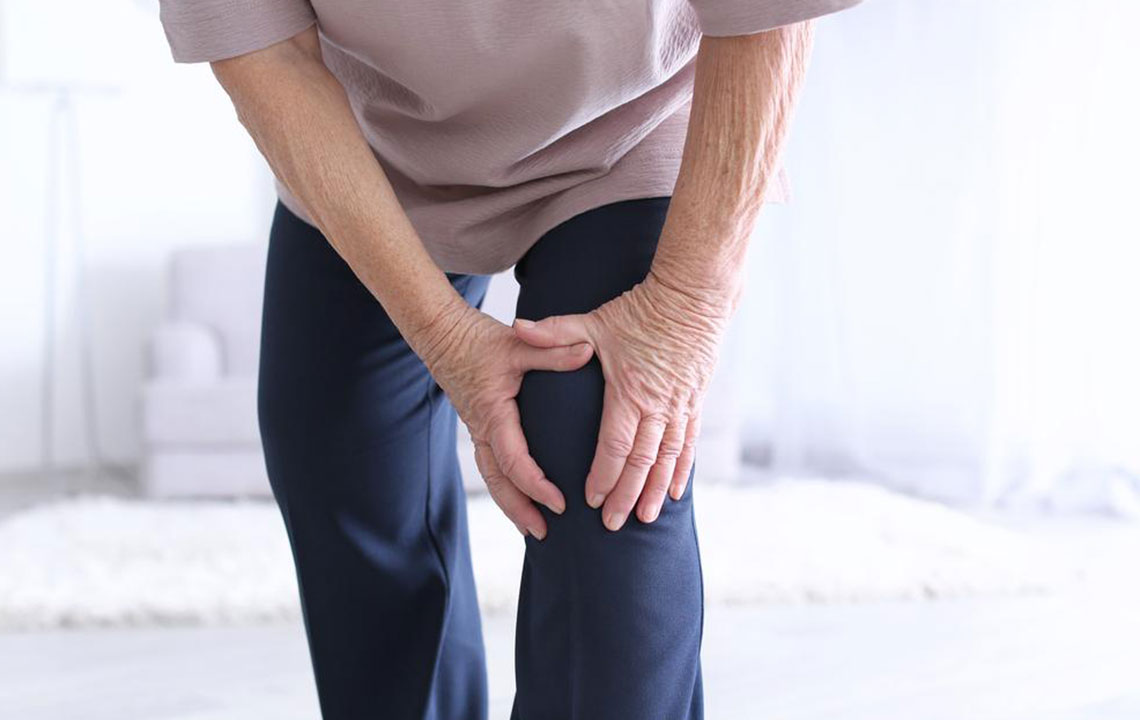Key Insights into Knee Osteoarthritis and Its Management
This article provides essential information about knee osteoarthritis, including causes, symptoms, and various treatment options. It emphasizes the importance of weight management, exercise, and early intervention to prevent joint deterioration. Understanding risk factors like age, genetics, and injuries helps in taking preventive measures to maintain knee health. Suitable for patients and caregivers, it serves as a comprehensive guide to managing this common joint condition effectively.

Key Insights into Knee Osteoarthritis and Its Management
Understanding Knee Osteoarthritis
The knee joint supports daily movement and weight-bearing activities, making its health crucial. Unfortunately, it is prone to osteoarthritis, a common condition that affects many individuals.
Multiple factors contribute to the development of knee osteoarthritis, with obesity being a significant risk factor. Genetics, past injuries, and infections can also play a role in increasing susceptibility.
Osteoarthritis involves the slow breakdown of joint cartilage, leading to bones rubbing directly against each other. This causes pain, stiffness, swelling, and over time, bone spurs and limited movement.
Typically affecting those over 45, knee osteoarthritis is more common in women. The Disease Prevention Center reports that about 75% of arthritis cases include knee pain.
Causes of Knee Osteoarthritis
As we age, joint cartilage naturally wears down, reducing the body's ability to repair it. Additional factors include excess weight, genetic influences, prior knee injuries, and certain medical conditions.
Signs and Symptoms
Severe pain during activity that eases with rest
Swelling and warmth around the knee
Morning stiffness or after inactivity
Creaking or grinding sounds when moving
Difficulty walking or climbing stairs due to discomfort
Possible Treatments and Preventive Measures
Weight Management: Dropping excess pounds reduces stress on the knees.
Regular Exercise: Keeps muscles strong and joints well-lubricated.
Medications: Pain relievers like ibuprofen or acetaminophen can help manage symptoms, with usage monitored by healthcare providers.
Injections: Corticosteroid injections may offer quick relief for inflammation.
Assistive Devices: Braces or supports can help stabilize the joint and reduce pressure.
Surgical Options: Considered in severe cases, surgery can restore function but involves potential risks depending on health conditions.
Maintaining a balanced diet rich in calcium and seeking early medical advice can promote knee health. Consulting healthcare professionals for personalized treatment is highly recommended.


